How Ukraine plans to reintegrate Crimea
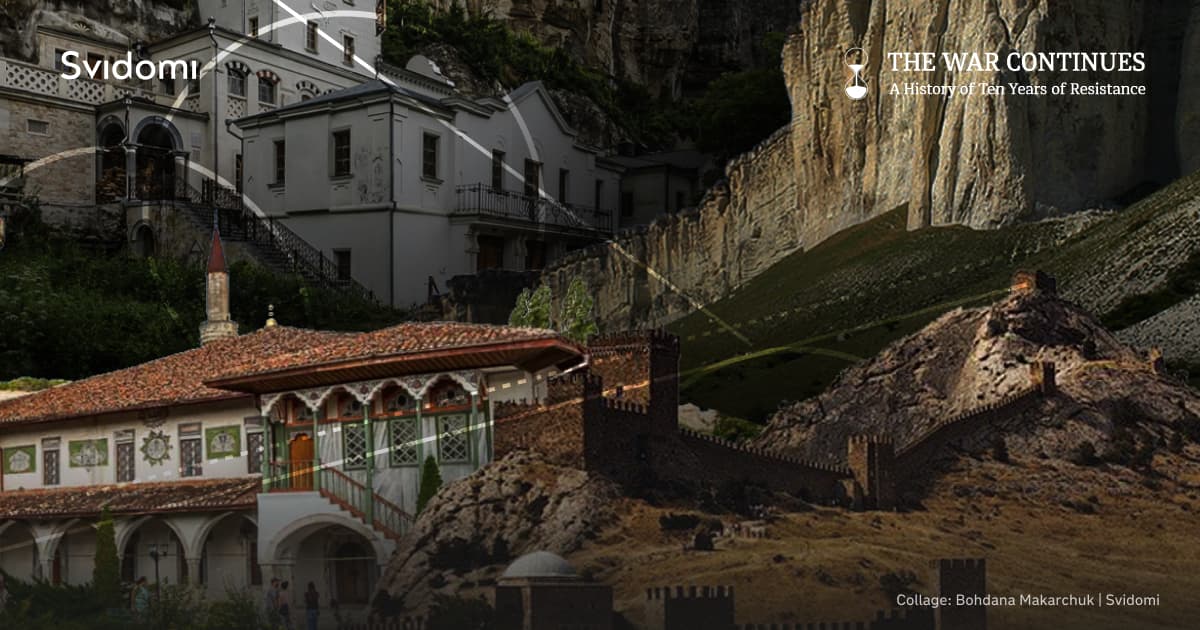
Ukraine has been developing a strategy for the de-occupation of Crimea since its occupation in 2014 and after Russia's full-scale invasion in 2022. Civil society, international organisations, politicians and government agencies are working on it.
However, questions remain about the status of the peninsula, its cultural reintegration into the Ukrainian space and the security of its inhabitants.
This article discusses Ukraine's strategy for reintegrating Crimea and the mistakes that should be avoided.
This article was published as part of the special project 'The War Continues: A History of Ten Years of Resistance'.
The state's de-occupation strategy and the first steps of reintegration
In 2021, President Volodymyr Zelenskyy launched the Strategy for De-occupation and Reintegration of the Temporarily Occupied Territory of the Autonomous Republic of Crimea (Qırım) and the City of Sevastopol (Aqyar). The strategy prioritises the protection of the rights and freedoms of Crimean residents, the restoration of territorial integrity, and the cultural reintegration of the region.
In 2023, the strategy was updated. The points included the development of a military administration to operate in Crimea, the formation of a judicial corps, and other law enforcement measures to ensure the safety of Crimean residents after de-occupation.
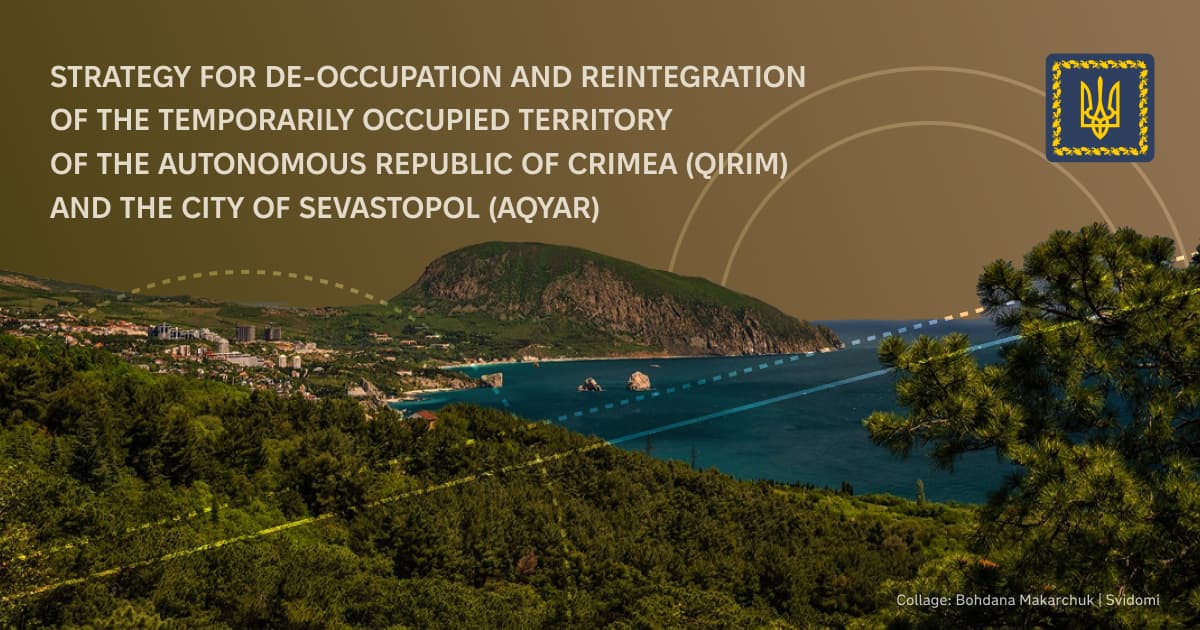
Alena Lunova, advocacy director at Human Rights Centre ZMINA, tells Svidomi that all temporarily occupied territories of Ukraine should share a common de-occupation strategy. It has to be revised to reflect the new developments of the Ukrainian authorities during the de-occupation of the Kyiv, Chernihiv, Sumy, Kharkiv and Kherson regions.
“For a long time, Crimea was separate from the temporarily occupied territories of the Donetsk and Luhansk regions because Russia annexed Crimea. Russia immediately incorporated Crimea into the federation and extended its laws to this territory. It created the conditions for the need to talk about a separate strategy for the de-occupation of the peninsula. Regarding the political aspect, Crimea was not a subject of discussion within the Minsk Agreement (the trilateral contact group for the peaceful settlement of the situation in eastern Ukraine, cancelled in 2022 - ed.),” says Alena Lunova.
According to the human rights activist, a separate strategy for Crimea has lost meaning due to the so-called 'accession' of the temporarily occupied parts of the Kherson, Zaporizhzhia, Donetsk and Luhansk regions to Russia. Now, Russia is still spreading its legislation throughout the occupied territory, conducting passport registration of the population, spreading propaganda and implementing its educational standards.
Read also:
“The strategy of de-occupation primarily depends on the length of the occupation, but the problems are quite similar now. These are residents' safety, documents, education issues, the work of courts and court verdicts, property issues, russification and the work of the occupation authorities,” Lunova says.
The human rights activist believes there is no point in revising the de-occupation strategy. Still, a single strategy should be common to all currently temporarily occupied territories.
Elmira Ablialimova-Chyihoz, project manager at The Crimean Institute for Strategic Studies, tells Svidomi there should be systematic work on the de-occupation in Crimea. She adds the demographic issue to the problems with documents, education and Russian propaganda.
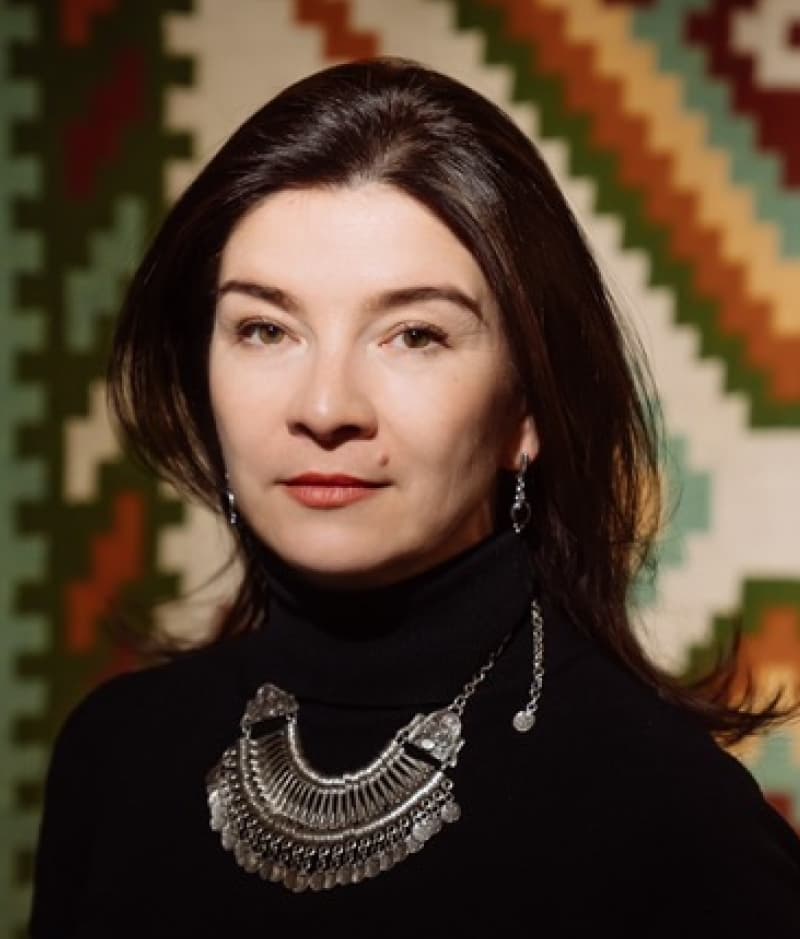
“Over the past ten years, Russia has been pursuing a policy of replacing the local population with Russians from different regions of the Russian Federation. The first challenge we face is a clear message for everyone who now lives in the Russian-occupied territories of Ukraine. What the Ukrainian authorities will do with the population after de-occupation — citizens of Ukraine, citizens of Russia or other countries who have been living in Crimea since 2014,”
says Elmira Ablialimova-Chyihoz.
She also believes that the Ukrainian authorities currently do not have a clear solution to the issue of occupied Crimea residents.
After the occupation of Crimea in 2014, the Mission of the President of Ukraine in the Autonomous Republic of Crimea received the authority to work with those who left the peninsula and to analyse the legal situation in Crimea. In 2021, the Mission joined the Crimean Platform, an international coordination mechanism to facilitate the de-occupation of the peninsula.
The Presidential Mission also monitors and informs international partners about the situation in the temporarily occupied Crimea, both within the framework of the Crimean Platform and after Russia's full-scale invasion of Ukraine.
Lawyer Alena Lunova positively assesses the work of the representative office, their communication of problems in the occupied Crimea and advocacy of Crimeans who have left the peninsula.
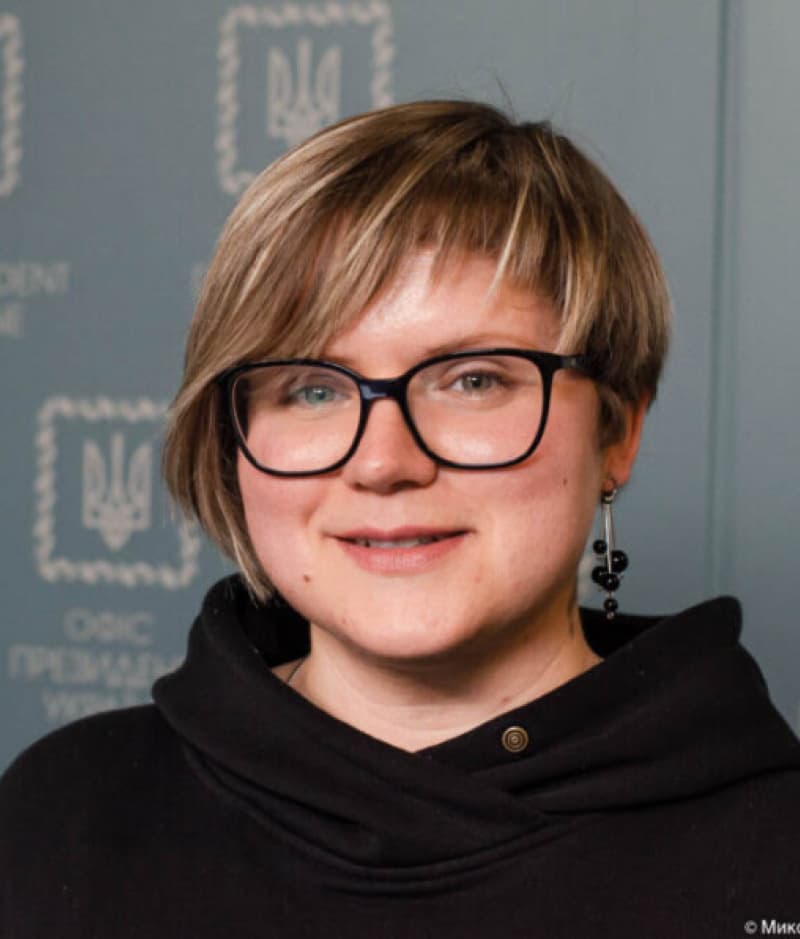
“The Representative Office represents the interests of Crimeans in all state authorities. It develops documentation on the de-occupation of Crimea. It communicates the problems in the temporarily occupied Crimea with international partners. The Mission makes decisions regarding responsibility for cooperation with the occupier and lustration issues. It is where the vision and policy are worked out and then proposed to the state authorities,”
she explains to Svidomi.
Alena Lunova also believes that the further work of the Crimean Platform is essential for the coverage of the issue of the temporarily occupied Crimea among foreign politicians and media.
How Ukraine will implement security in Crimea
In March 2022, the Verkhovna Rada approved amendments to Article 111 of the Criminal Code on collaboration. It allows for the punishment of Ukrainian citizens for organising political events, such as referendums, elections, voluntary holding of non-organisational positions in occupation administrations, campaigning, and propaganda work favouring the aggressor state, etc.
Lawyer Alena Lunova tells Svidomi that the novelties in the article should not apply to residents of the occupied Crimea in the way stated. Still, the Ukrainian court will have to rule on this because the punishment for collaboration is the main decision to establish security after the Crimea de-occupation. However, developing a strategy for prosecuting these crimes now is necessary to implement them quickly after the de-occupation.
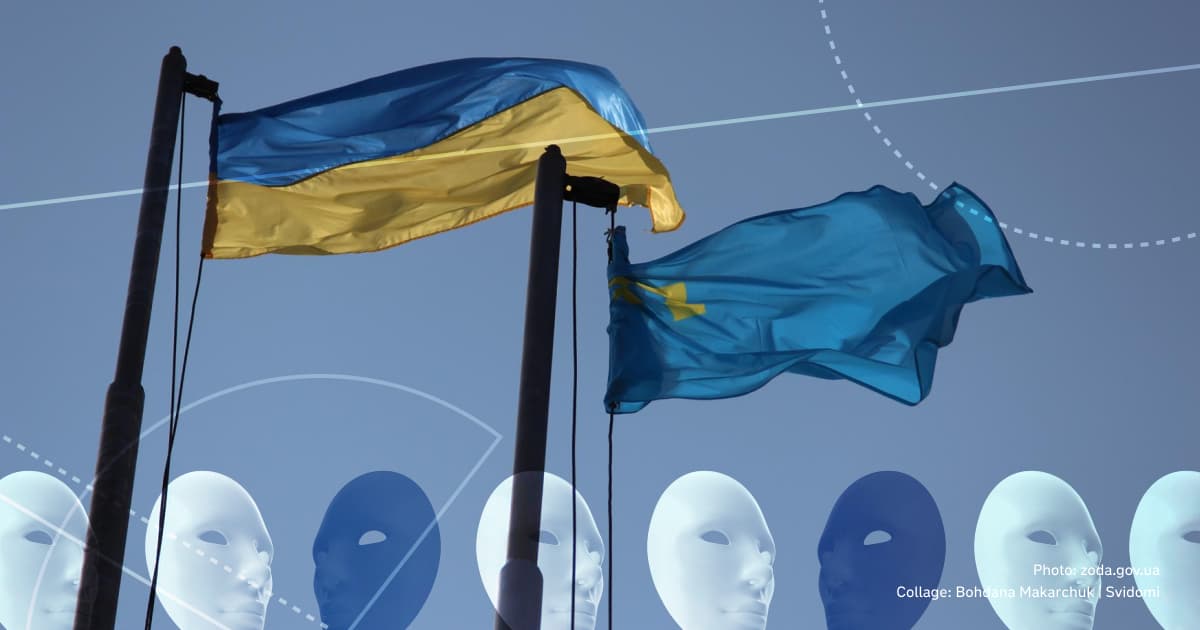
“Article 111 has never taken into account the long-term occupation of the Crimean peninsula, so it cannot be used to talk about collaboration or cooperation with the occupiers that lasted for many years on this territory. This article also contradicts international humanitarian law, which has certain protected categories, such as utility companies that provide life support in the occupied territories, and they should not be held accountable. Yet here Crimea is lucky again because the Prosecutor's Office of the Autonomous Republic of Crimea has been working on crimes on the occupied peninsula for a long time,” Lunova explains.
The lawyer believes that Ukraine should develop a system of prioritising collaboration activities. The heads of occupation administrations, judges, law enforcement officers who betrayed Ukraine, propagandists who militarised the population of the peninsula, heads of defence enterprises, etc., should be punished first and foremost. Ukraine should also return lustration to cases where people were involved in administrative activities in non-managerial positions.
“The director of the Department of Social Protection, the judge who dealt with divorces - what harm is there to Ukraine's national interests from the fact that they worked? In my opinion, they should not be held equally responsible as the heads of the occupation authorities or the judges who sentenced political prisoners. However, now it is high treason, and we have to imprison 3/4 of the population of Crimea or bring them to other forms of criminal liability. It is impossible; we have to deal with serious crimes. Therefore, I think the legislation should be changed because it is inappropriate for such an occupation,” Lunova says.
Alena Lunova tells Svidomi that the lustration mechanism should look like this: Ukrainian law enforcement agencies should check those who have not committed the crime of treason and have not deliberately participated in the occupation administrations and bodies of various kinds. If their guilt is proven, they lose the right to hold positions in administrative and state bodies. The state shall determine the period.
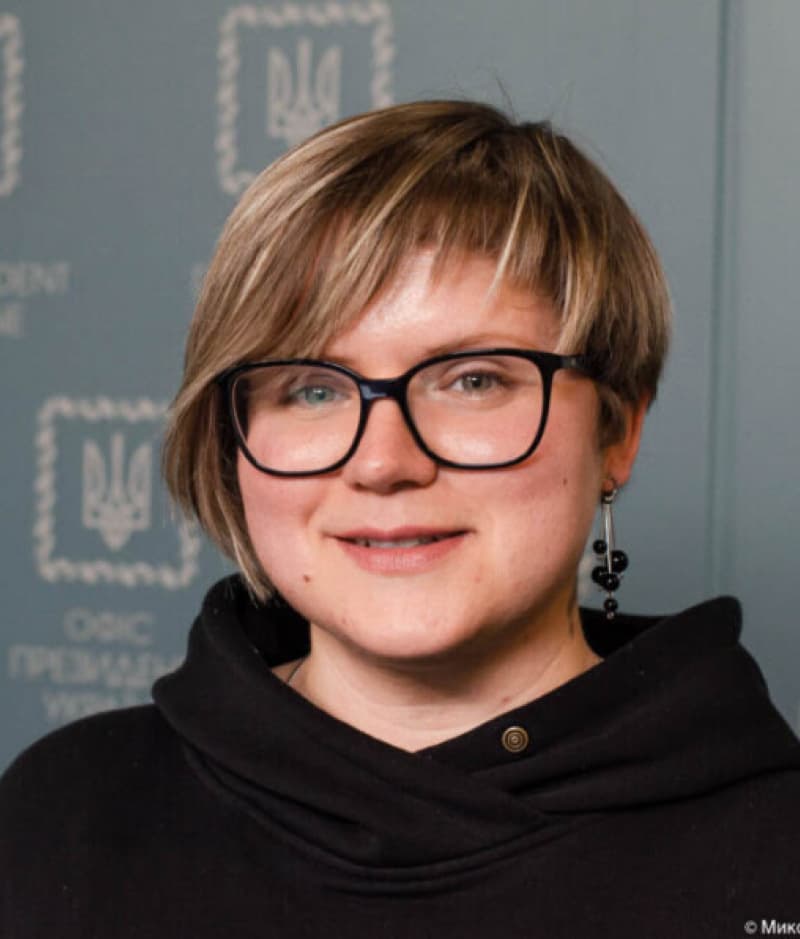
“Is it worth spending the Security Service of Ukraine's resources on people who have liked something on Facebook? Or on a person who is a secretary there. We must still say that these people do not affect the occupation. We want verdicts against people who have a systemic impact on the occupation. The people who waved Russian flags have to be held accountable, but do we have to put them all in jail? We (ZMINA Human Rights Centre - ed.) are working on ways for the state to implement these mechanisms. We still have time before the de-occupation of Crimea,”
says Alena Lunova.
The de-occupation of the peninsula also raises the question of changing or cancelling Crimea's autonomy for the sake of Ukraine's security as a state. The Presidential Strategy does not describe any potential changes to the status of Crimea's autonomy. The representative of the President of Ukraine in the Autonomous Republic of Crimea, Tamila Tasheva, said in 2023 that the issue of changing the autonomy is not a priority in the strategy for de-occupation of Crimea and should be considered later, after the lifting of martial law in Ukraine.
Elmira Ablialimova-Chyihoz, project manager at The Crimean Institute for Strategic Studies, considers this issue essential. She says autonomy should change.
“The Autonomous Republic of Crimea of 2014 was a Russian autonomy in Ukraine. There can be no return to 2014! Ukraine has already taken the first steps to recognise the indigenous peoples of Ukraine. There must be autonomy, but it must be a Crimean Tatar national-territorial autonomy within our state, where constitutional rights and freedoms are respected regardless of nationality or origin,” she explains her vision of the future of the Autonomous Republic of Crimea.
Elmira Ablialimova-Chyihoz also believes it is impossible to demilitarise Crimea and the city of Sevastopol because the threat from Russia will remain.
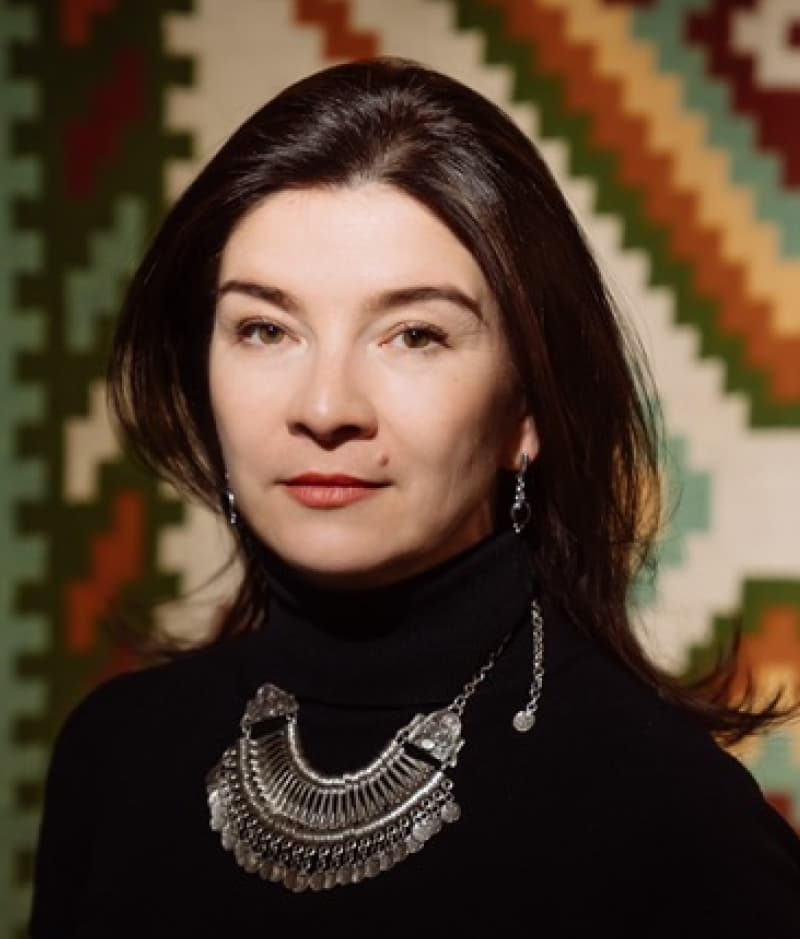
“We need to strengthen our defences. Crimea will remain a border area with a constant threat from Russia. I think we have to think about this first and foremost,”
she sums up the security issue of Crimea's future.
Integration into a common cultural space
In 2023, National Security and Defense Council Secretary Oleksii Danilov posted 12 steps to de-occupy Crimea on his Facebook page. Among them is a point on “neutralising the effects of years of Russian propaganda on the public consciousness of a part of the peninsula's population” and informing about “the crimes of the Putin regime”.
The de-occupation strategy also envisages the reintegration of Crimea into the common information space and educational work in Crimea regarding the “armed aggression of the Russian Federation”. The strategy also contains provisions for creating institutional conditions for preserving Crimea's cultural heritage, including the heritage of the Crimean Tatar people.
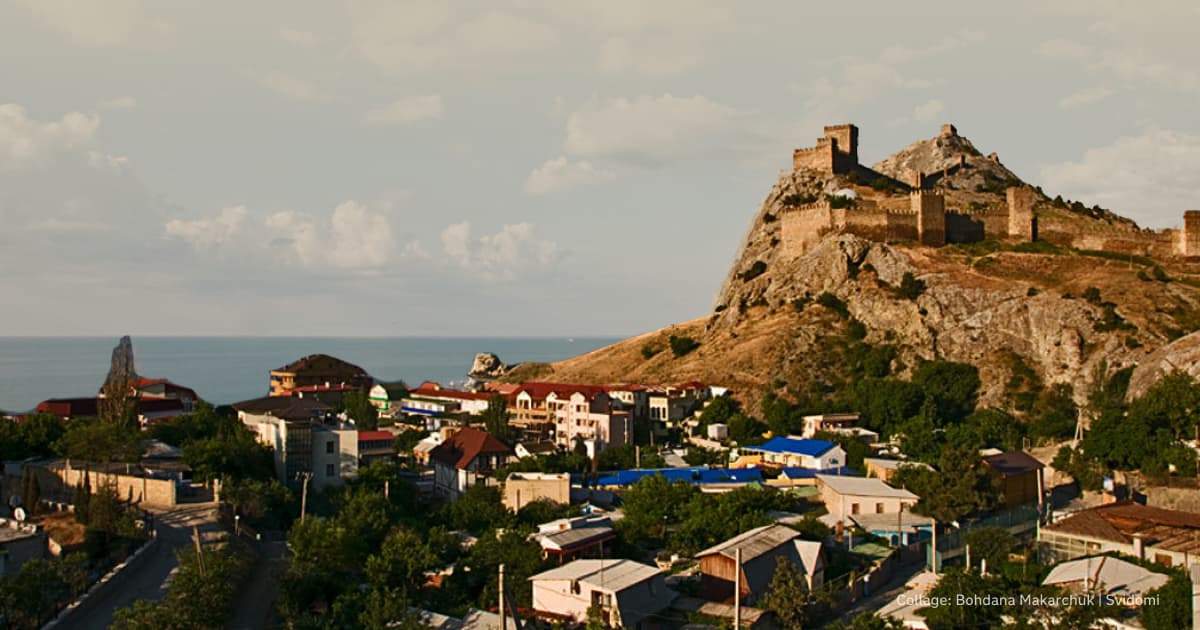
Elmira Ablialimova-Chyihoz, project manager at The Crimean Institute for Strategic Studies, also believes that Ukraine should start the process of de-occupied Crimea's reintegration with culture and history.
“We need to return Ukraine to Crimea because there was no Ukraine in Crimea before 2014. We must bring back the Ukrainian language, music, and culture, conduct broad information campaigns, events, and conferences, and reconsider our retrospective and contemporary experience. It is through such reflections that we decolonise our worldview,” she tells Svidomi.
Crimea should also go through the processes of decolonisation and decommunisation that Ukraine is currently undergoing, says Elmira Ablialimova-Chyihoz. One of the priorities of cultural policy in Crimea should be the preservation of the peninsula's cultural fund and the return of cultural property stolen by Russia.
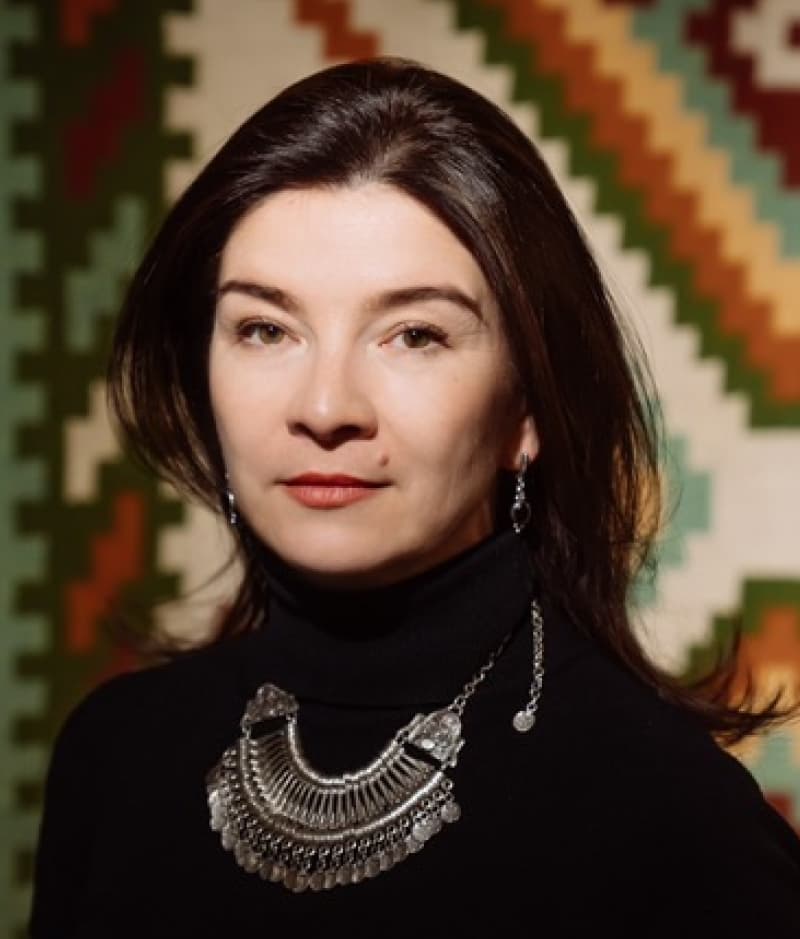
After the de-occupation, a thorough inventory of museum collections, immovable and movable monuments should be carried out. We must thoroughly analyse all archaeological research reports and all archaeological sites explored by the aggressor country. We must analyse the condition of the monuments and implement a programme for their restoration/recovery. Together with our international partners and colleagues, we need to address the question of what to do with the monuments that have lost their authenticity as a result of Russia's actions, how to return what has been stolen and how to compensate for what has been destroyed,”
she says, explaining the steps towards Crimea's cultural reintegration.
The Crimean Platform also sets the restoration of cultural heritage as one of the goals of Crimea's reintegration. The return of cultural objects from Russia is one of the steps in the mechanism of cultural restoration on the peninsula. However, the Ministry of Culture does not provide a detailed strategy for returning stolen artefacts, only stating that it is 'ready to apply to international bodies' on this issue.
Furthermore, Ukraine has not yet introduced the concept of “restitution” into its legislation — the return of property unlawfully seized by one state from the territory of another state during the war under a peace treaty. This should simplify the process of recovering stolen cultural property and property in general and establish a mechanism for compensation for the damage caused by the war.
Аlena Lunova, advocacy director at Human Rights Centre ZMINA, believes that during the reintegration of Crimea, Ukraine cannot make the same mistakes as before 2014. Based on her experience as a resident of Crimea, she explains to Svidomi how Russia has been working in Crimea to create a myth of its 'greatness', and Crimea being its part.
“People have been indoctrinated with the myth that Russia is better for Crimea for a very long time. Because Ukraine was not in the best economic condition from 1991 to 2014, there is a constant contrast between Russia being a 'great country', Sevastopol being a 'city of Russian sailors', and Ukraine being a mess. A lot of money has been spent in Crimea for many years to glorify Russia,”
she says, referring to Russian propaganda.
Alena Lunova also believes that the language issue should be the key to Crimea's reintegration into the Ukrainian space. Ukraine should implement a language policy in Crimea in the field of education and public awareness, explaining to people the crimes of the Russian state, both now and from a historical perspective.
“The fear of the central authorities in Kyiv to introduce the Ukrainian language into the educational space once again led to the fact that we did not have Ukrainian in our daily lives. Russian was the language in schools, and in universities. In the cities, there were Russian cultural centres. There was no Ukrainian place where we could get Ukrainian stories. No one talked about the Holodomor as something that happened to Ukraine. It seems to me that this was a key mistake, and we must keep this in mind during the de-occupation," the lawyer sums up.
The reintegration of Crimea is a difficult task for the Ukrainian authorities. Cultural reintegration is directly linked to Crimea's security and should free it from the myth of Russian greatness. Crimea should become part of the Ukrainian cultural space, and Ukraine should protect the diverse and unique ethnic and cultural environment of the peninsula. Ukraine must deal fairly with the peninsula's collaborators and develop a security strategy for its inhabitants. De-occupation is ongoing, so the government and civil society have time to prepare.


